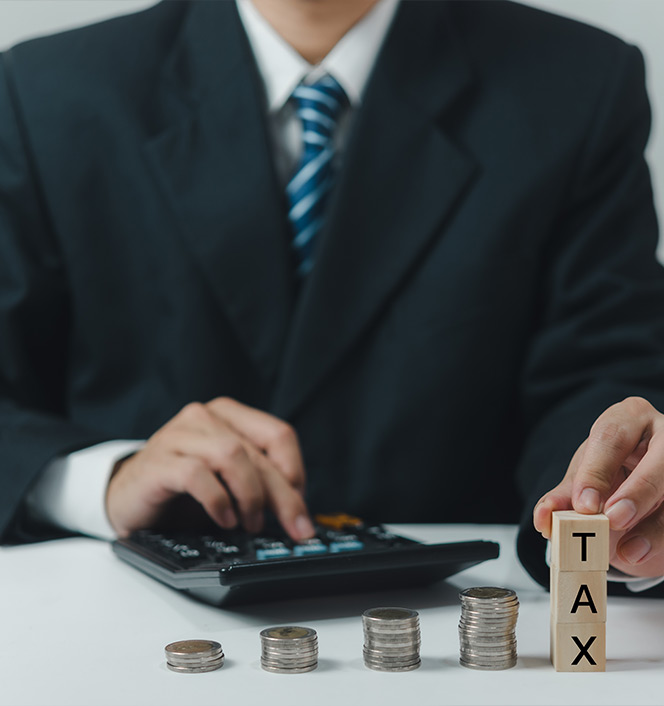Individual Tax Assessment
Understanding Individual Income Tax
Maximize Savings with Expert Tax Guidance
Individual income tax, also known as personal income tax, is a tax imposed on an individual's earnings, such as wages, salaries, and other forms of income. Typically, this tax is levied by the state. However, due to various exemptions, deductions, and credits, most individuals do not pay tax on their entire income.


Efficient Tax Assessment and Filing Support
Tax Assessment
If an individual’s total income in a financial year (from July to June) exceeds a specified threshold, they are required to pay income tax. The amount of tax owed is determined by the total income, applicable tax brackets, and rates established by the current tax laws and the annual Finance Act. Any changes to the tax laws are published through the Finance Act, such as the Finance Act of 2022. When calculating total income, certain allowable adjustments are made according to legal provisions. An income tax return refers to the process of submitting a return of income in the prescribed format to the National Board of Revenue (NBR). This is required for individuals whose total income exceeds the exempted amount or for any other individual for whom they are responsible under the Income Tax Ordinance (ITO), 1984. Every year, individual taxpayers must submit their tax returns by November 30, which is also celebrated as Tax Day in Bangladesh. FCBL aims to provide individual taxpayers with comprehensive support for income tax assessment, maximizing tax benefits, and submitting income tax returns.
Hassle-Free Tax Payment and Filing Process
Submission of Income Tax Return
After determining the amount of income tax owed, each taxpayer must deposit the tax payment into the government’s treasury through a pay order, treasury challan, or online. The taxpayer must then submit the duly signed and verified return form, along with the required documents, to the appropriate tax circle.
However, non-resident Bangladeshis can file their income tax returns along with a bank draft equivalent to their tax liability at the nearest Bangladesh mission. The mission will issue a receipt with an official seal and forward the return to the National Board of Revenue (NBR).



Avoid Last-Minute Rush
The Time Limit for Submission
November 30 is the deadline for individual assesses to submit their income tax returns. However, the tax authorities may grant an extension of up to two months, with a further extension of an additional two months, upon request.
Ensure Accuracy and Compliance
Penalty for Failure to File the Return
The DCT (Deputy Commissioner of Taxes) may impose a fine of 10% of the last assessed tax or Tk 1,000, whichever is higher, along with an additional penalty of Tk 50 for each day the default continues. However, for individuals, the penalty cannot exceed Tk 5,000 if the taxpayer’s income was not assessed previously, or Tk 1,000, or 50% of the tax liability based on the last assessed income.
If the return is filed after the Tax Day, the taxpayer will be required to pay a delay interest of 2% per month, but the interest will not exceed one year. Additionally, a penalty of 15% of the tax that could have been avoided will be imposed for concealing income in any manner. Although November 30 is the final deadline for submitting income tax returns, it is advisable to file your return well before the deadline to avoid any last-minute issues. Keep in mind that receiving a tax return acknowledgement does not mean the process is final, as your file may be reopened in the future. Therefore, it is crucial to keep all tax-related documents, such as a copy of the return, acknowledgment, tax clearance certificates, and other relevant papers, safely stored for future reference and clarification to prevent complications down the line.
Wealth statements should be filled out with care, and any changes in wealth must be properly explained.
Nevertheless if you are submitting your tax return through a FCBL, pls review carefully to ensure that all the information presented is accurate before you sign.

